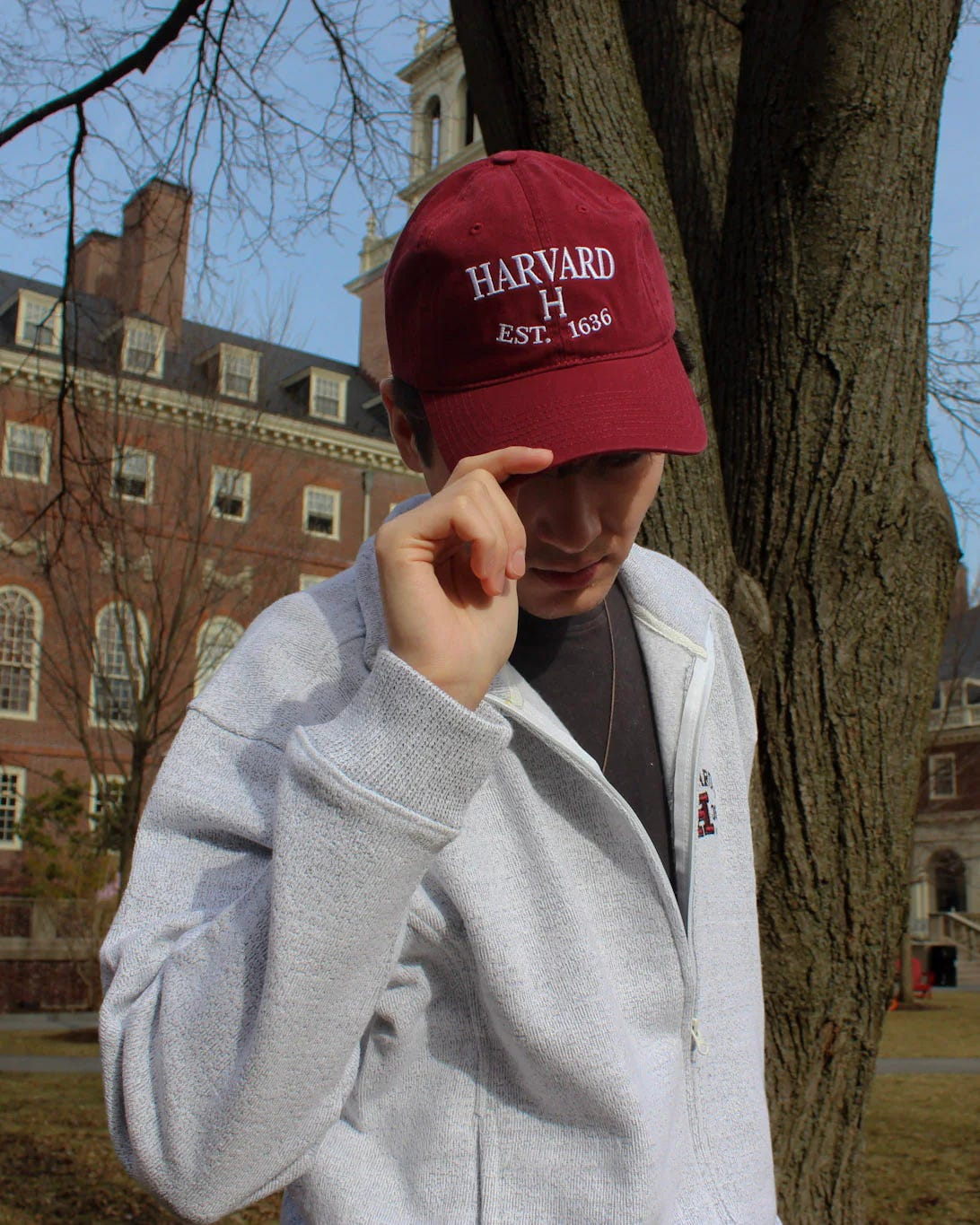The Alternative Universe of Wealth, part 4
Your last chance to tour the Universe...well, at least until your lottery numbers come in!
Obviously, people with wealth typically live 'more expensive’ lives. But, let’s be clear, they don’t need to. Like the rest of us, they would not die if they suddenly found themselves driving a run-down, early-2000s car to the supermarket, to buy house-brand tinned spaghetti, mince and potatoes, in order to feed their family back in a modest, 3-bedroom rental townhouse.
I’m not advocating for some grey Soviet Communism, of Lada cars and chocolate rations. But we just should be having respectful conversations about how much excess is actually benefitting us.
We already knew instinctively—well before Maslow and his wonderfully-accessible Hierarchy of Needs pyramid—that we need to get the basics right before we can hope to get a person wound up to their optimal revs. I’m not suggesting everyone is a latent genius waiting to be unleashed, via an Oxford Education and a Universal Basic Income. But it would be a pretty safe bet that a good portion of people have something worthwhile to offer the world, and only a tiny fraction of them get the chance to realise that potential.
Importantly, this is increasingly not because of a lack of collected resources or energy or opportunity. We now have capacity for enough for every human alive. But instead, true equality is captive to political choice, or propagated ignorance, the mischaracterisation of motivation, and the hoarding of status.
To be clear, none of these are things we can just snap-fingers-and-change. Plus, let’s not forget that change like this still requires deep thinking about what efficiency cost we can afford to pay to widen opportunities, in a world that can no longer safely grow in the ways it has for the past 200 years.
Regardless though, every day the sun comes up reliably delivers us a world evermore capable of educating and empowering people. The grand old gates that guarded knowledge, energy, finance, communication, nutrition, technology, and healthcare are crumbling—under relentless assault from the internet, renewable energy, decentralised currencies, satellites, GMOs, smartphones, and AI.
Like it or not, this stuff is democratised, because we’re speed-running human progress and no one can keep up… But, we are instead still allowing people to buy up. And thus, perpetuating suffering and waste when we increasingly don’t need to.
The trouble is, this stuff is hard: It’s hard to keep up with, and hard to process or predict the implications of. And, we make it harder on ourselves by allowing the intrigue to happen a little out of sight.
That’s why we’re exploring the Alternative Universe of Wealth, to give you a peak at some of modern life’s real conspiracies.
…Today is our last tour stops (for the time-being). Enjoy the sights!
“Put on your thinking cap”

I have a university education because, while I came from a decidedly middle-class family, it was an aspirational one. I didn’t benefit from an era of ‘free’ education, but I worked and my parents supported me, and I could study while living at home so it also didn’t cost me years of subsequent student loan payments. However, beyond (I assume) my degree helping me into my first couple of job interviews, the actual things I learned in those years haven’t really contributed anything to any success I’ve had in life.
Normally we put on our ‘thinking cap’ as a metaphor to refer to the need for a concerted effort to achieve some challenging outcome. In the Alternative Universe, however, it’s closer to a literal cap. A cap that wealth gives you easy access to, and identifies you as someone who (apparently) can think.
We humans love shortcuts. Frankly, we can be a bit lazy but also, as I referred to above, we’re speed-running the game of life right now so these shortcuts are also becoming essential for our survival.
Not so long ago, successive generations of parents would prepare their children to follow in their artisanal footsteps across centuries. My children however are facing the very real prospect that subject choices they make at school, might prepare them for jobs that literally won’t exist by the time they finish their (brief) school years.
The result is two-fold: Institutions of higher education can’t deliver usable knowledge like it once could; and, once you’re on the other side of your education, you enter a world of shallow decision-makers, resigned to short-term solutions designed to simply tick off extended to-do lists.
And there are few better examples of that than the instant credibility we give a “good” education. The best schools have a near-100% pass rate—not because only the best people go to them, but because the odds are stacked with properly-paid teachers, kids pre-loaded with years of extra-curricular tutoring, support, and resources. And, if all else fails, an attentive counselling staff to “encourage” poor-performers out of courses they might fail. And that all feeds a world of shortcut-seeking brains, supplying us with an uncomplicated “likelihood of success” metric to measure with; rather than, say, “likelihood of improvement”, or “likelihood of enhancing the wider community or species”.
In the Alternative Universe of Wealth, this is well understood. If you have wealth you’ll naturally use it to signal success, for yourself or your kids, with the right education credentials. On a CV, there’s no good way to indicate your degree was completed “while looking after three younger siblings because your solo parent worked nights”… On the other hand, it’s easy to indicate you “went to an Ivy League school”. If getting yourself one of those ‘good school’-branded hats can be achieved via money, connections, or resources that are accessible disproportionately to the wealthy, you are essentially able to buy success.
I don’t want to dismiss the smarts and ambition that might pass through these schools. I’m not advocating for the end of the discipline and research base in higher education institutions. Plus, I know there are quotas and scholarships that help the less wealthy access these schools. It’s just those ‘poors’ who are exceptionally-talented enough to get into prestigious schools actually bring true competence and capability with them, thus raising-by-association the “thinking” status of anyone who might be wearing the school colours by dint of their wealth.
You can’t blame wealthy people for sending their kids to name-brand schools. Those schools provide a clear path for their alumni into parts of the world that our understanding of ‘success’ gets measured in—business, finance, technology, politics, law. The name of a good university on a CV is armour against the sort of automated rejection that most of us now have to worry about in our shortcut world.
One last example. Years ago, working for a high-profile global company, an HR manager instructed me to hire an applicant who I had earlier dismissed as unsuitable. What put me off him, and what appealed to HR, was his CV. It was full of the logos of companies he’d previously worked at—a Swoosh, and Golden Arches, rather than just the actual words "Nike" or “McDonalds”. Essentially, he was proudly wearing his version of a ‘thinking cap’ on the job application. As I feared, he turned out to be useless, and I had to spend weeks “managing” him out of our organisation. But those logos were a shortcut for overworked corporate HR people, and got him in the door.
And the risk is, it doesn’t take much more than logos to maintain intergenerational wealth now. These sorts of signals are readily available in the Alternative Universe, but they are not real: You can be born into wealth but you can’t be born talented, motivated, creative, or useful to humanity.
In my opinion, this should collectively concern us for reasons much greater than simple ‘unfairness’. We all live in an endangered biosphere, and we do not know what skills or education the world will need five years from now. If we primarily rely on status symbols that can be purchased, rather than experience and empathy, it will likely cost us many more lives as we face future threats.
“Buy low, sell high”
It seems like there could be no more obvious idiom for wealth than this one. But, like “no risk, no reward”, the tricky thing with this is understanding it means something on the way into the Alternative Universe; and another thing entirely once you’re inside the entrance.
If you are lucky or insightful enough to buy things at a low price, and then lucky or skilful or connected enough to sell it at a high price, you can do exceptionally well in life. We don’t need to get into what kinds of good or evil might cause those things to increase in value but, once you’ve successfully pulled that trick a few times, you may find yourself needing to re-learn how the trick operates.
See, inside the Alternative Universe of Wealth, the term “sell” doesn’t really refer to transacting an asset to someone, but transacting the idea of an asset—a sales “pitch” if you like. Wealth is not money, remember, just like work isn’t money. Wealth works for you, and the more it grows, the more it becomes a vehicle for your actualisation. You work for others’ actualisation, and the money they pay you can then be spent to pay others for your own actualisation. Having wealth just lets you cut out the first bit of that formula; and the more wealth you have, the more work it can do for you.
But, unlike physical labour, wealth is not a tangible thing you can feel or see; it’s just an agreement about the value of things. That Nike Swoosh I mentioned earlier is only worth more than any other kid’s drawing because of the ‘sales pitch’. Sure, Nike shoes might be good and expensive to manufacture, and worth money, but I can also put them on my feet and not get prickles: They have a physical presence in the world. You can’t say that about the value of the Swoosh, which only has a presence in our minds. It is worth billions because we’ve bought into the idea that this shape ascribes some valuable qualities upon its bearer. That is what selling high is all about—taking something you own and persuading others that it’s worth more, thus increasing your wealth.
This is a thing you can only do with wealth. You can’t make a dollar in your pocket worth more than an identical dollar in someone else's pocket. But, if you’re clever, you can sell the idea that the artwork, or land, or intellectual property, or building in your possession is worth more than you paid for it, giving you access to all the good wealth stuff: equity, depreciation, and status etc.
On even a small scale, if you buy a house and then NIMBY loudly at the local council meetings until they cancel the ‘high-density housing plans’ they had for your street; then you still own the same house, only now your wealth will grow simply because you’ve monopolised that space… And then, cherry on top, you can claim you “support a capital gains tax…excluding the family home” and can lock in that wealth while still appearing virtuous and progressive.
We pat ourselves on the back when we’re able to buy a bargain; the wealthy pat themselves on the back when they’re able to sell a dream.
“A bird in the hand is worth two in the bush”

One Christmas, years ago, a pīwakawaka (fantail) flew into our house. These little birds flit around at high speed, so we naturally all set about trying to catch it to release it back outside, as it flew into various windows. After a minute of carefully trying to catch it, I managed to get my hands tentatively around it, but when it suddenly panicked and flew from my grasp, I was left shocked and holding all its tail feathers! You might have known this, but I didn’t: It turns out that pīwakawaka tail feathers are somewhat ‘dispensable’ in a threatening situation, so off it flew again until someone else managed to catch and eventually safely release it. The tail feathers do grow back of course, but it was a good reminder that even a bird in the hand is not the same as having a situation in-hand.
In the Alternative Universe, they are only too aware of this mantra. The last thing anyone who has the choice about it wants is to be holding pīwakawaka feathers when authorities start asking questions about “the whereabouts of that bird”. So, the ultra-wealthy much prefer to control the bush, but never handle the birds in it.
I’ve talked a lot about the industries and structures that the wealthy use—regulation, finance, lobbying, globalisation—to keep their wealth from being easily ‘seen’; and to keep the rest of us asking difficult questions about it. Essentially though, there’s two main ways that the wealthy use this idiom: They build value in things that are hard to quantify (control “the bush”); and they hide their connection to tangible things (don’t handle “the birds”).
The second thing is all the standard stuff you’ll read about in the Panama Papers and other dodgy financial structure leaks: The shell companies, and undeclared political donations, and tax avoidance, and double-dipping depreciation. These things essentially allow the wealthy to get beneficially rich without the bird in their hands.
This is all bad stuff. But it’s no-where near as nefarious as the other thing.
It’s taken a long time for us to start to realise just how dangerous the way wealth controls “the bush” is for the rest of us. In the earliest days of the internet, we were all involved in deciding what it should be. Now, as Tom Eastman put is, it is “five giant websites, each consisting of screenshots from the other four”. It looks like we are free to speak to each other, and speak our minds, but we’re really only free up to the edge of the bush.
I should add, this is not a new problem—just one that is more prescient because of the ease and reach of social media, plus the potential threat of ‘private weapons’ like AI. The wealthiest in society have been using propaganda and control to keep our freedom relative for as long as there has been media—church-controlled literature, local newspapers gobbled up by robber-barons, cable news, unreasonable intellectual property protections, digital right management laws, and so on. This is all a much larger topic, but I just wanted to draw your attention to the fact that it is not intelligence, or creativity, or hard work, or democratic consent that entrenches this power. It is wealth that controls the bush.
If you’ve joined me for any of this ‘tour’ through some of the Alternative Universe of Wealth, you’ve probably found yourself getting a little steamed up. But, if you’re like me, it’s not so much because the wealthy lead such different lives—that’s within the scope of our understanding—it’s because they do it under the same sky as us. They are supposed to be subject to the same political systems, laws, culture, and technology limits.
There’s an important idea to consider in all this. Essentially nothing I mentioned—right up to most of the horror of the Panama Papers—is actually illegal. The Alternative Universe filters our world through its own lens, but it’s a world we are part of. What that implies, is we’re mostly ‘ok’ with this, at least insofar as continuing to democratically condone it.
That begs the question, if we don’t care enough to change things, should we?
Just how bad is excessive wealth for us? Next time…







